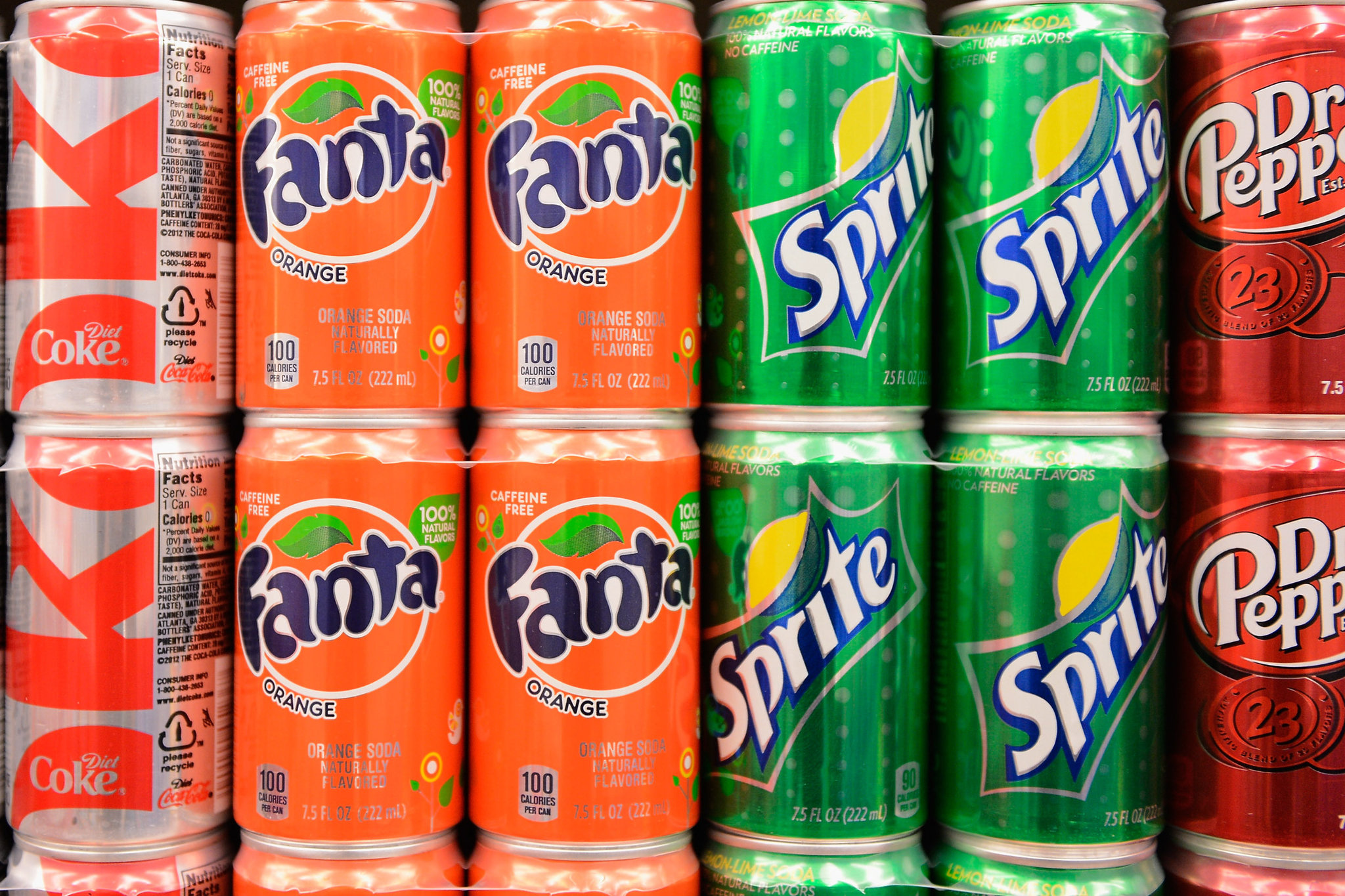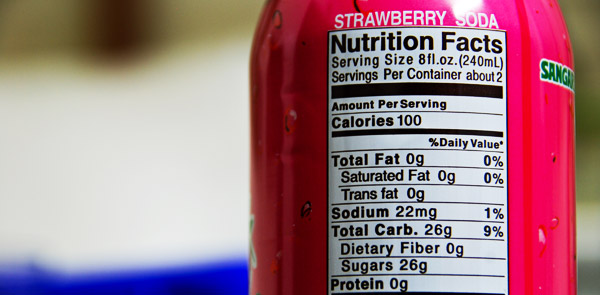On our first class of COMM101, we have analyzed the relationship between the government and business in great detail. In an effort to decrease the consumption of certain goods such as tobacco and alcohol, the government often intervenes the market and imposes practices of excise tax on such products.
I have recently stumbled across a blog post written by Patrick Mustain that discusses Berkeley’s approval for soda tax and its latent impact towards the industry. Although I agree with the author’s perspective on the taxation’s potential success in reducing the demand for sugary drinks, the conclusion only offered a limited insight since the consumption of soda is only one of the small factors of the obesity issue. Why should the excise tax only be implemented on soda, when other sugar-laden goods such as cookie remain unaffected? Also, while the taxation on products such as tobacco is considered rational due to its health concerns, placing tax on soda is an ambiguous choice since it does not affect health negatively with a moderate consumption.
Even though the excise tax will raise health awareness about sugary drinks, it does face many obstacles in terms of its method of implementation. It also raises concerns from the public, as the action may be perceived as an overreaching attempt of the government that restricts the consumer’s freedom of choice.
Sources of Images (in order):
(http://graphics8.nytimes.com/images/2013/02/14/business/subSODA/subSODA-superJumbo.jpg)
(http://www.drinkwhat.com/wp-content/uploads/2010/11/Sangaria-Getting-Cool-Strawberry-Soda-Facts.jpg)


Recent Comments